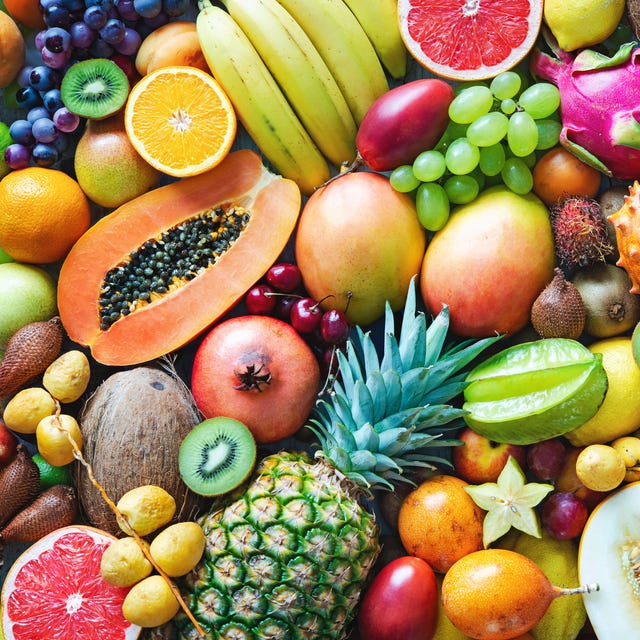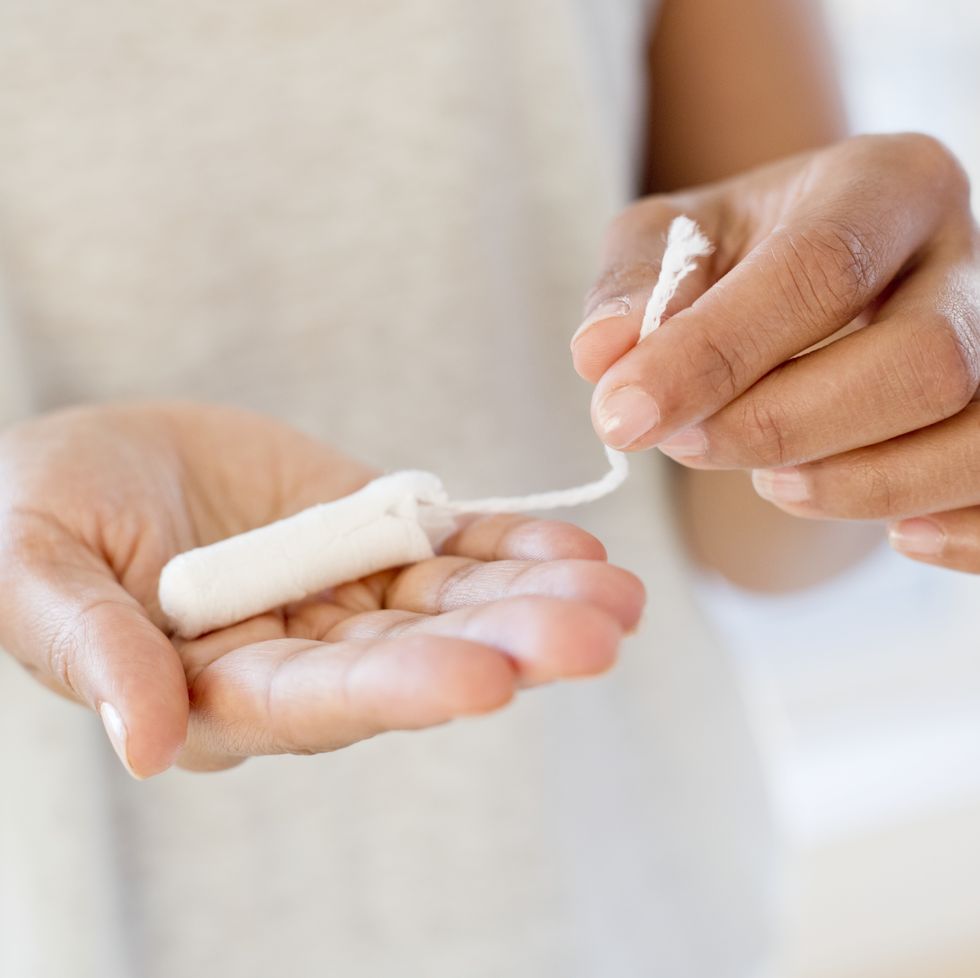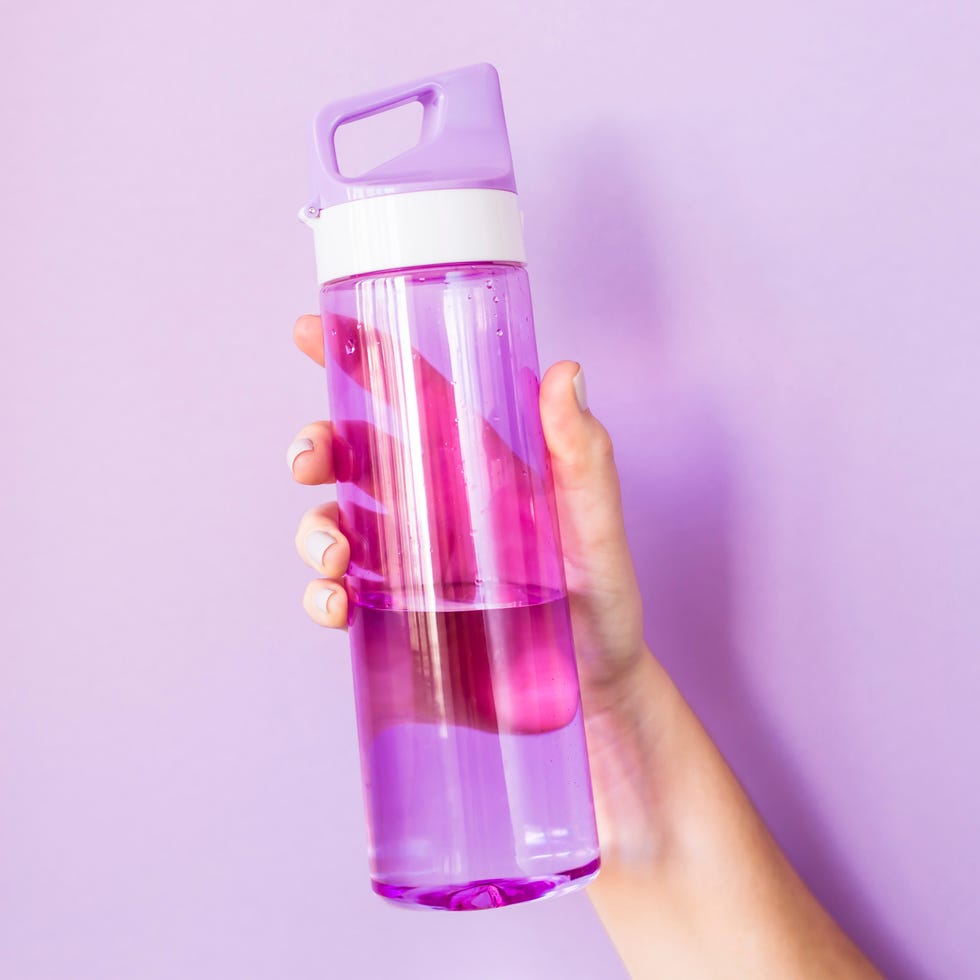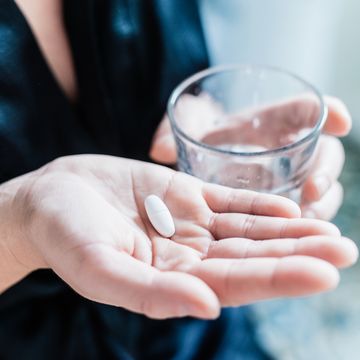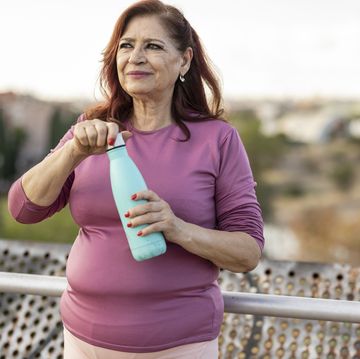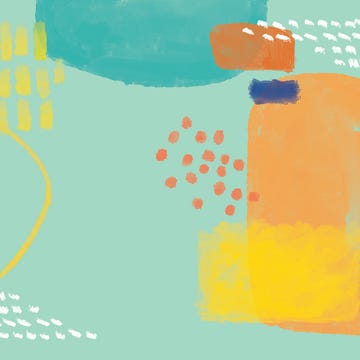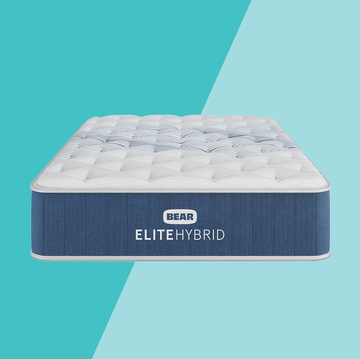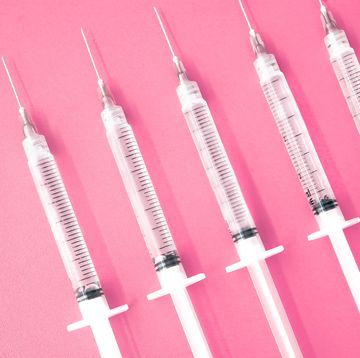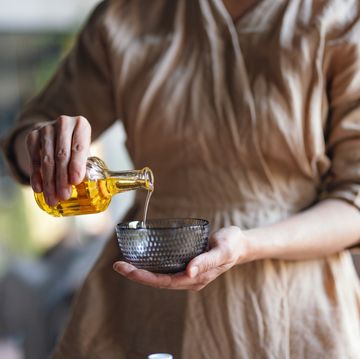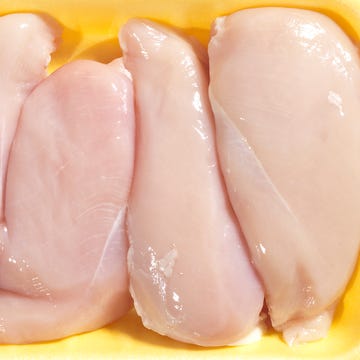Our health and that of Big Mama Earth are inextricably linked, of course. There's no doubt that things like clean air and water protect life on earth—human life included. Meanwhile, many of us are to some degree harmed by weather disasters brought on by climate change, longer warm seasons that can mean worsened allergies and insect-borne illnesses, and the extreme emotional stresses that come with living through flooding and wildfires.
But there are also some pervasive misconceptions about the environment and how it impacts our health—as well as what you can do to protect our world and yourself. Here's the real deal.
Myth #1: Air quality is always better inside than outside.
Not so a lot of the time. “Especially in smaller homes or ones that don’t have appropriate ventilation, the air quality can be much worse than outdoor air pollution,” says Jon Levy, Sc.D., chair of environmental health at Boston University School of Public Health. Candles, gas stoves, fresh paint, particleboard furniture, and housecleaning sprays can all contribute, and if you’re in a smoggy area, throwing the windows open may not feel like much of a solution. Simple things you can do to breathe more easily inside: Change your HVAC filters regularly to make sure they’re optimally removing fine airborne particles; clean bathroom and kitchen ventilation fans, and be especially mindful to crank them up when cleaning with products like ammonia and bleach; and give candles and incense the boot.
Myth #2: Organic tampons are healthier.
No compelling research shows that organic varieties are safer than the standard kind. Tampons are regulated by the FDA as medical devices, which means they’re tested to ensure that they’re safe and effective. That said, “If you have super-sensitive skin, it’s reasonable to go organic,” says Alyssa Dweck, M.D., a gynecologist at the CareMount Medical Center in Westchester County, NY. That’s because organic tampons tend to be unscented and made with organic cotton (versus a bleached rayon-cotton blend), which means fewer potential irritants. Whichever you use, change them frequently:
A 2018 study in the journal Applied and Environmental Microbiology found that organic tampons were as likely as regular ones to cause the rare but life-threatening bacterial infection toxic shock syndrome.
Myth #3: Organic produce is free of pesticides.
Not entirely—even organic fruits and veggies can have some. Certain biopesticides made from minerals and microorganisms are allowed in organic farming, and one—spinosad—is sometimes detected in organic produce. Because organic produce is typically packaged in the same facilities that handle conventional produce, it’s hard to completely avoid the residues of fungicides applied to conventional fruit after harvest, says Charles Benbrook, Ph.D., a Heartland Study project coordinator. It is true that organic produce tends to have much lower pesticide levels than conventionally grown produce, says Urvashi Rangan, a toxicologist and the chief science advisor at Grace Communications Foundation, an environmental education group, and as the scale of organic fruit product grows, a higher percent of fruit will be processed in facilities 100 percent devoted to running organic fruit,, adds Benbrook. But if pricier organics aren’t an option, don’t forgo nutritious produce altogether: “It’s still healthier to eat fruits and vegetables overall,”
says Rangan, than to skip them to avoid chemicals.
Myth #4: Grass-fed organic beef is better for the planet.
Sorry, but most meat is terrible for the planet, even if the animal is raised on a bespoke farm just down the street. That’s especially true for cows and sheep, which grow and reproduce much more slowly than poultry or pigs. When you compare beef to beans, as the World Resources Institute did, the stats are staggering: Beef requires 20 times as much land and emits 20 times as much greenhouse gas per gram of edible protein as common plant proteins. In fact, the production of grass-fed beef tends to lead to greater emissions, as the cows gain weight more slowly and thus put out methane gas longer. And eating plants is good for your health. Stefani Sassos, M.S., R.D.N., the Good Housekeeping Institute’s dietitian, says, “Eating a plant-based diet rich in whole grains, vegetables, fruits, and beans is beneficial for combating several chronic diseases including heart disease and cancer.” In short, cutting back your beef (and lamb) consumption will do more for the planet, and possibly your health, than buying grass-fed ever could.
Myth #5: Reusing a single-use water bottle makes it leak carcinogens.
Rinsing and reusing a bottle a few times will not cause it to leak carcinogens. In fact, it’s not clear that any known carcinogens are used in making these bottles. What is true is that reusing plastic containers—including food containers—for a long time with repeated exposure to high heat may result in some release of a different group of chemicals, says Marji McCullough, Sc.D., R.D., senior scientific director of epidemiology research at the American Cancer Society. These are phthalates, which some scientists argue may act as endocrine disruptors, messing with our reproductive hormones. Plastic releases chemicals, and this increases over time, with exposure to higher temperatures—say, microwaving a plastic lunch container or leaving a water bottle in a hot car—causing “higher migration of chemicals,” says Jane Muncke, Ph.D., chief scientific officer for the Food Packaging Forum. Bottom line: It’s fine to clean and reuse a single-use bottle in a pinch, but if it is warm, pitch it. Your safest bet? Buy a reusable bottle made from glass or stainless steel, says McCullough.
This article originally appeared in the April 2020 issue of Prevention.
Support from readers like you helps us do our best work. Go here to subscribe to Prevention and get 12 FREE gifts. And sign up for our FREE newsletter here for daily health, nutrition, and fitness advice.
